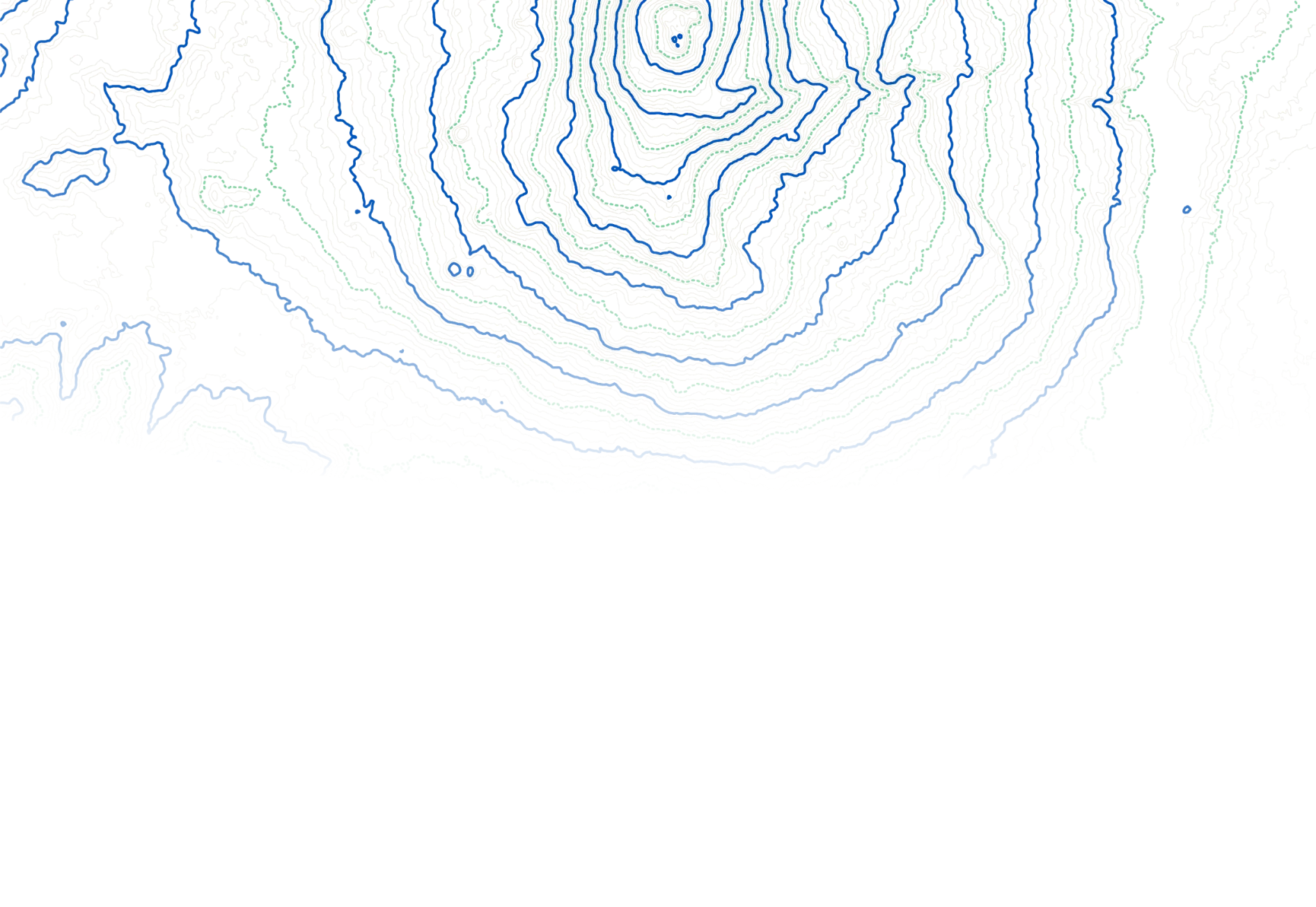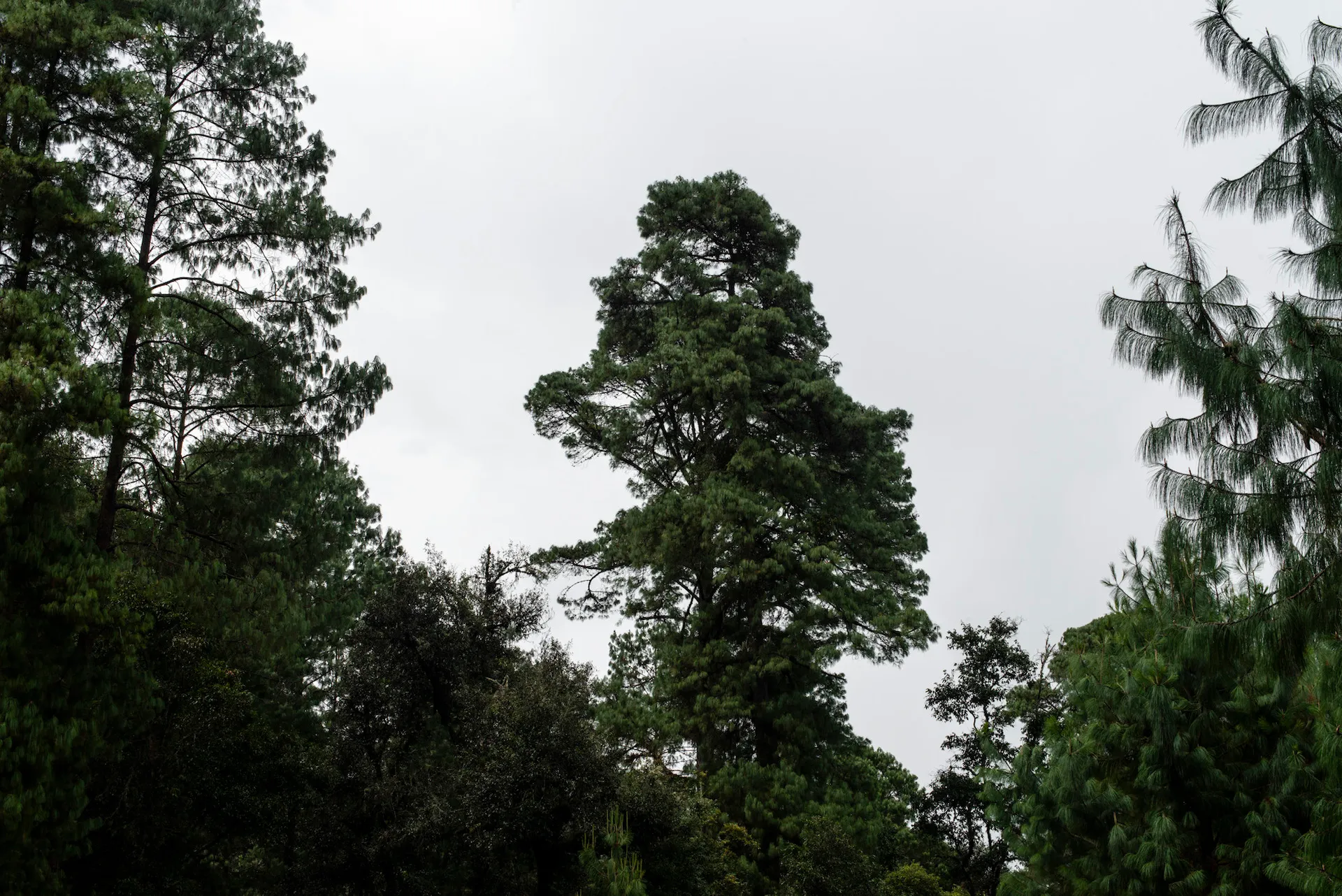Once upon a time there was a polar bear that was in danger...



My niece turned one. I know it's a little early in the game, but when I think about what stories I can share with her as a godmother, it scares me a lot when I see the stories that exist about climate change.
It's very sad to think that, most of the time, when we talk to children about climate change, the focus is on polar bears. This narrative can only alienate us more from the problem. We don't live there, do we? Why should we care?
Many studies show that when we tell stories we need to get closer to our human experiences, especially on issues such as the impact of climate change. Yale Climate Connections confirm this.
Not only do we alienate climate change from our responsibilities, we also make the future look bleak, and instead of having bedtime stories, we have nightmares. Titles such as The Last Wild, Exodus, It's getting hot in here or The Lonely Polar Bear They really bother me.
There was one book that caught my attention: The Magic School Bus and the Climate Challenge. Surely there are more books in the world that speak to children in this way and these are exactly the kind of bedtime stories we should be reading.
Empower children to be leaders, to be problem solvers, to think critically and to help them understand science as something that inspires.
And yes, empower young girls too. The climate movement is now demonstrating with the participation of younger generations, the climate crisis is here and now.
Something funny happened to me, for my thirty-third birthday, a very close friend gave me the famous comic written by Dr. Seuss The Lorax. I read it from start to finish. I hadn't read a bedtime story for a while, much more so as an adult.
The ability to make a story attractive to both children and adults is very moving. It's a simple message really: take care of the planet and respect its beautiful reward. The Lorax is a great bedtime story that we can share with childhood: we recognize our love for nature, we express our feelings, and we go to sleep thinking about how we can live for a better future.
What about bedtime stories about the most neglected topic related to climate change? Ocean acidification...
Childhood loves movies like “Finding Nemo” or “Finding Dory”. But do you know what will happen to corals if carbon emissions and ocean temperatures continue to rise? How do we teach them that these stories matter and how can they help?
Ocean Conservation also has a list of recommendations for children's books that teach how to take care of the oceans, but none mention ocean acidification. Maybe it's a scientific problem that's difficult to explain, or maybe feelings of fear and destruction spring up.
Here are some facts about the ocean climate:
I searched the Internet over and over again and in truth, there are no stories or novels for children on this topic.
Or should there be?
-xxx-
Monica Lafon is an independent environmental journalist. He obtained his degree in Journalism and Political Science from Concordia University and his master's degree in Environmental Policy from Sciences Po Paris.
Sources
Michael Svoboda, “Children's books about climate change” Yale Climate Connections. August 31, 2018. https://www.yaleclimateconnections.org/2018/08/childrens-books-about-climate-change/
Michael Svoboda, “15 books about women leading the way on climate change”, Yale Climate Connections. March 6, 2020.
Sara Peach, “How can I prepare my children for climate change?” Yale Climate Connections. April 23, 2019. https://www.yaleclimateconnections.org/2019/04/how-to-prepare-kids-for-climate-change/
Daisy Simmons, “Storytime Can Teach Kids to Appreciate Nature”, Yale Climate Connections. May 4, 2018. https://www.yaleclimateconnections.org/2018/05/how-storytime-can-teach-nature-appreciation/
Katie Hogge, “12 Fin-tastic Children's Books,” Ocean Conservancy. April 30, 2018. https://oceanconservancy.org/blog/2018/04/30/12-fin-tastic-childrens-books/
“Facts and figures on ocean acidification” UNESCO. http://www.unesco.org/new/en/natural-sciences/ioc-oceans/focus-areas/rio-20-ocean/blueprint-for-the-future-we-want/ocean-acidification/facts-and-figures-on-ocean-acidification/
“Global Warming of 1.5 oC” Special Report. IPCC 2018 https://www.ipcc.ch/sr15/chapter/chapter-3/
Ocean acidification. IUCN. 2020. https://www.iucn.org/theme/marine-and-polar/our-work/climate-change-and-ocean/ocean-acidification#:~:text=Plastic%20Tap%22%20Programme-,Ocean%20Acidification,a%20cost%20for%20the%20oceans.
Explore reflections, research and field learning from our work in ecosystem restoration.